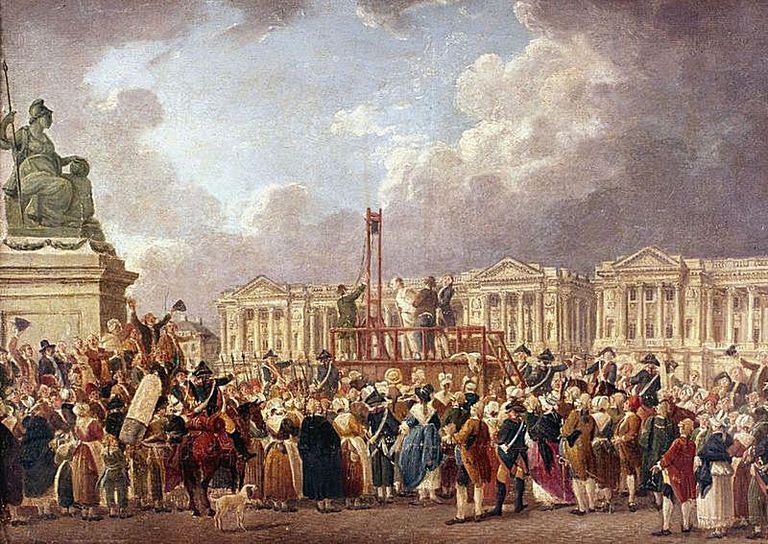The Storming of Bastille: The Storming of the Bastille took place in Paris, France on July 14, 1789. This violent attack on the government by the people of France signaled the start of the French Revolution. The Bastille was a fortress built in the late 1300s to protect Paris during the Hundred Years War. At […]
Categories
The French Revolution

